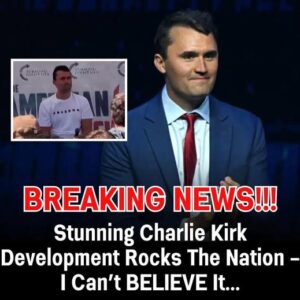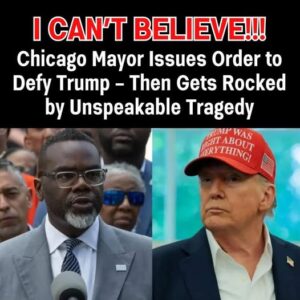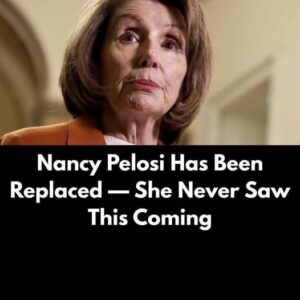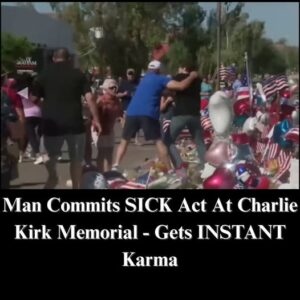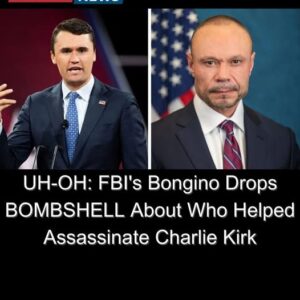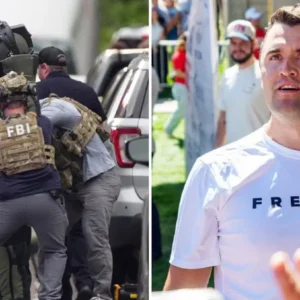Harold was silent on the drive home, his bike trailing behind me like a shadow. In the rearview mirror, I watched him ride differently—tentatively, like he was afraid to be seen. That night, after dinner, I found him in the garage, just sitting and staring at his bike. When I asked if he wanted to talk, he said, “Maybe he’s right. Maybe I’m too old.”
That broke something in me. I reminded him who he was—Harold Eugene Mitchell, veteran, father, survivor. He almost smiled, but not quite. Over the next few days, I watched him withdraw. No veterans ride. No Memorial Day plans. His bike sat untouched, gathering dust for the first time in decades.
So I got to work. I called Janet’s son, other witnesses, Harold’s friends, and my nephew—a civil rights attorney. What I learned made my blood boil: Harold wasn’t the first. Seven other older bikers had been harassed after that council meeting. This wasn’t about noise. It was about image—pushing out the people who didn’t fit the mayor’s son’s “clean” vision for the town.
And then Harold told me the rest. After I left to get the car, Officer Kowalski had pulled him aside and said next time they’d “find something that would stick.” A threat. A promise. That’s when I knew they picked the wrong wife to mess with. I started organizing—quietly at first—and by the city council meeting, I wasn’t going alone. I had a doctor, witnesses, and a room full of furious veterans ready to speak the truth.
“City council meeting,” I said casually. “Want to come?”
He shook his head. “I’m done fighting that battle, Nan.”
“That’s fine,” I said, kissing his cheek. “But I’m not.”
What Harold didn’t know was that I’d gathered an army—riders, wives, veterans, lawyers, doctors. The chamber was packed. When I stood up and played the video, the silence was heavy. And when Walter “Tank” Morrison spoke, every word cut through the room like a blade. By the time the mayor called a recess, they knew they’d picked the wrong people to push out.
Officer Kowalski found me during the break. Out of uniform, eyes downcast. He apologized. Said he didn’t understand. I didn’t let him off easy, but I gave him the truth about Harold—his record, his sacrifice, his dignity. That was the start of something. When the meeting resumed, the ordinance was withdrawn. Police training programs were announced. It wasn’t justice, not fully, but it was change. And change, sometimes, is enough to start healing.
I came home to find Harold in the garage—this time, working on his bike. When I mentioned the meeting, he already knew. “Tank called,” he said with a grin. Then, seriously: “Thank you.” I told him I couldn’t let them win. He nodded, said Kowalski had left a message. “Might take him for a ride,” Harold added. “Kid needs to learn. Might as well teach him right.” That was my husband. Forging strength from pain, always choosing purpose over pride.
Weeks later, Harold led the Memorial Day ride. Five hundred riders behind him, engines rumbling like thunder. Kowalski was among the escort, now a motor officer. The ordinance never returned. And Harold? He still rides, still teaches, still lives fully. They tried to silence him. Tried to shame him. But they forgot one thing: men like Harold don’t ride for attention. They ride for freedom. For memory. For life. And no one gets to take that away—not on our watch.
